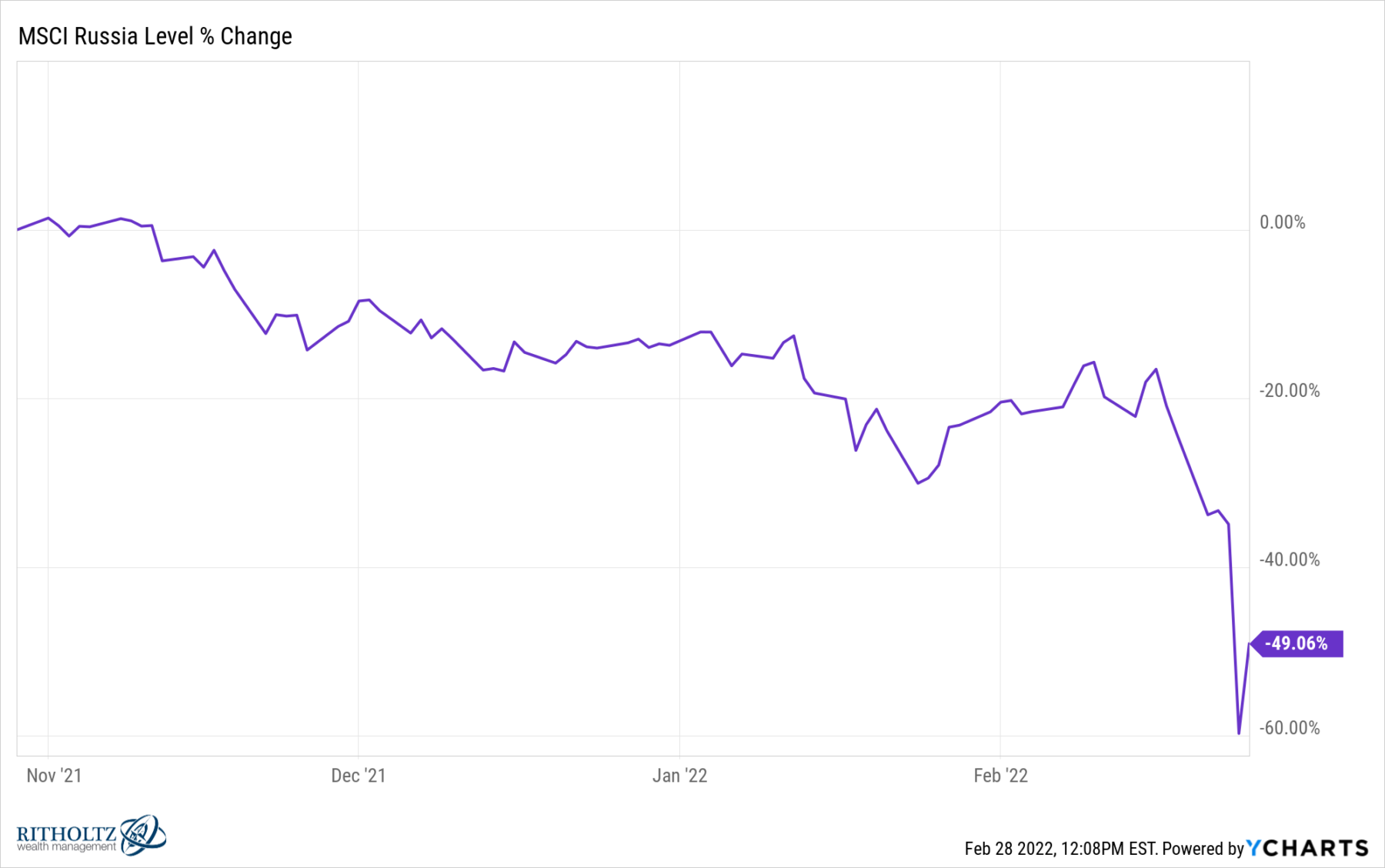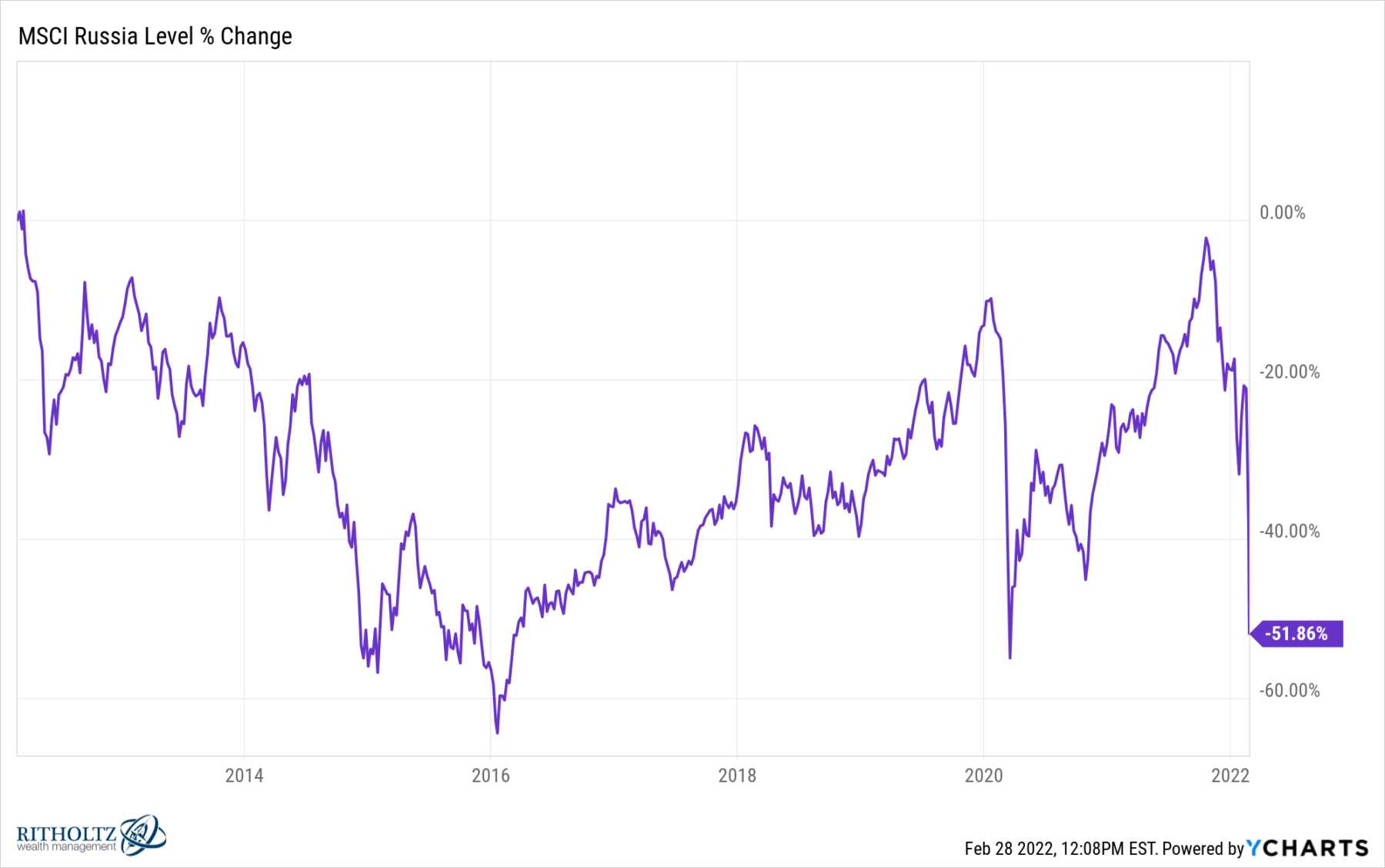Senate Democrats’ decision to advance the deceptively titled “Women’s Health Protection Act” may play well with the abortion lobby. But for the rest of America – and especially Catholics – the move reveals Democrats’ ultimate endgame - an extreme abortion regime, stripped of all moderation and restraint, beyond what any country has previously decreed.
Backed by House Speaker Nancy Pelosi and endorsed by President Joe Biden, both of whom are practicing Catholics, the bill has been called by the United States Conference of Catholic Bishops “the most radical abortion bill of all time.”
Better named “The Abortion On Demand Until Birth Act,” it goes far beyond codifying Roe v. Wade into federal law. This legislation would nullify all state laws restricting abortion, require healthcare workers to perform abortions, and provide direct federal taxpayer funding for all abortions, for any reason. Additionally, it would preemptively invalidate all future state-level legislation protecting the unborn.
Laws that the Supreme Court has previously upheld would be thrown out if this bill becomes the law of the land. States could no longer require abortionists to provide women science-backed information about their unborn child, or any alternatives to abortion, observe waiting periods, limit the performance of abortions to licensed physicians, prevent elective abortions after 20 weeks or even after viability. Many of these limits are widely popular, uncontroversial, and are woven into the abortion laws in nearly every country in the industrial world. If Democrats get their way, they would be wiped out entirely.
Pro-life doctors and nurses would see their ability to opt out of abortion procedures eliminated. Healthcare professionals would be strong-armed into performing and participating in abortions — regardless of whether they have moral objections. The text of the bill says that refusing to participate could result in heavy court damages and fees. Administrators at many hospitals would face internal and external pressure to fire non-compliant pro-life staff members to avoid fines. Catholic hospitals, which in some states make up nearly 40 percent of all hospital beds, would be forced to sell or close.
The bill would also eliminate state protections for children from abortion based on their sex, race, or diagnosis of a genetic abnormality such as Down syndrome. Justice Clarence Thomas elegantly defended laws preventing these barbaric practices writing, “Put differently, this law and other laws like it promote a State’s compelling interest in preventing abortion from becoming a tool of modern-day eugenics.” The Abortion On Demand Act would permit these reprehensible practices which are akin to policies common in North Korea or Communist China, not western democracies. They have no place in 21st century America.
Catholics in particular, but Americans in general, overwhelmingly oppose these extreme policies. Marist’s 2022 poll on Americans’ opinions about abortion found 71%, including nearly half of Democrats, would limit abortion to – at most - the first three months of pregnancy. And 54% opposed using taxpayer money to fund domestic abortions. Fully three-fourths of Americans believe that doctors, nurses, and other medical professionals should not be legally required to perform abortions.
This past summer an Associated Press poll produced findings similar to Marist regarding Americans’ views of late-term abortion with 65% saying abortion should generally be illegal in the second trimester, and that number went up to 80% for the third trimester.
The only good news is that this brazen overreach will put every member of the Senate on record and force vulnerable pro-abortion Democrats to defend their support of the bill.
The phony "Women's Health Protection Act" could be a gift in disguise. Catholic voters, like the majority of Americans, are deeply opposed to an authoritarian abortion regime in America. The radical attempt to crush dissent and compel ideological uniformity on the federal, state, and individual levels could help contribute to sweeping losses for pro-abortion candidates this year. Abortion minded strategists would be wise to remember the wisdom of the adage: Be careful what you wish for.
Brian Burch is president of CatholicVote, a national faith-based organization.
https://www.realclearpolitics.com/articles/2022/02/28/abortion_bill_unmasks_democratic_extremism_147263.html


